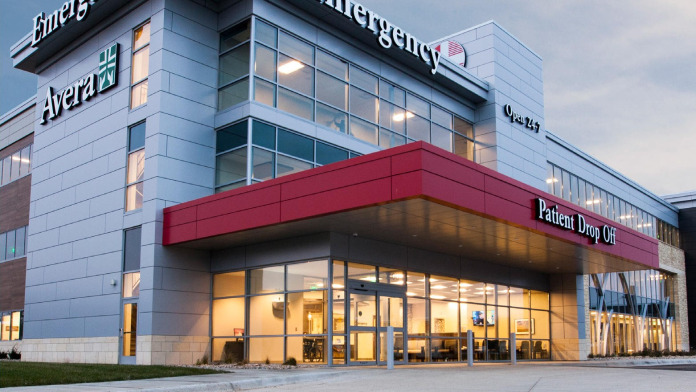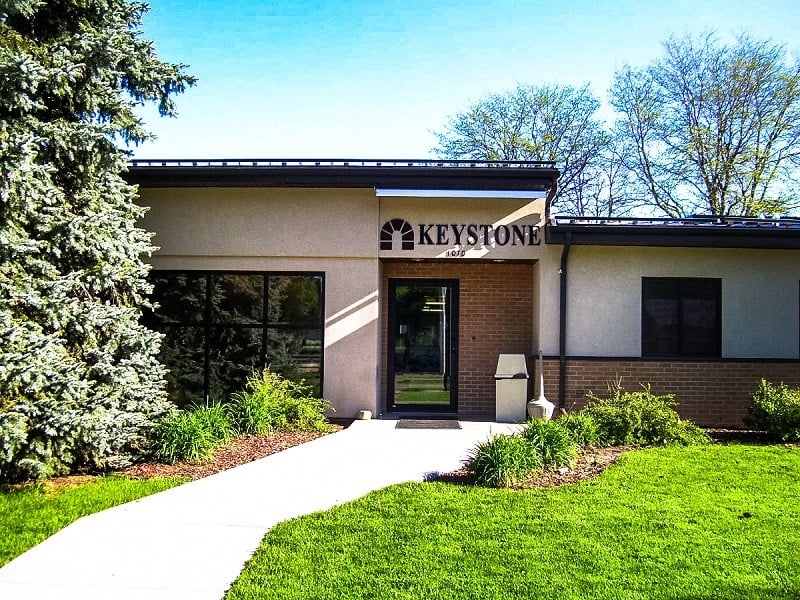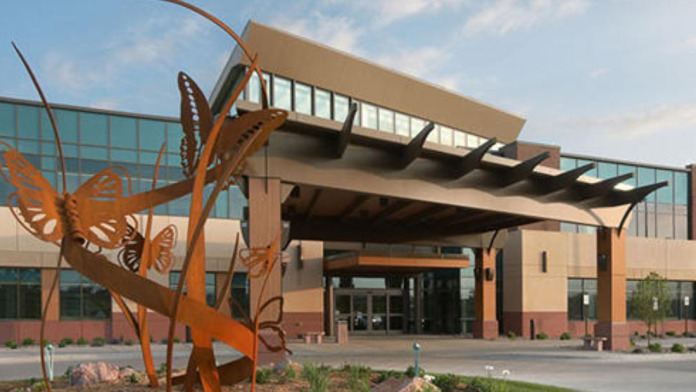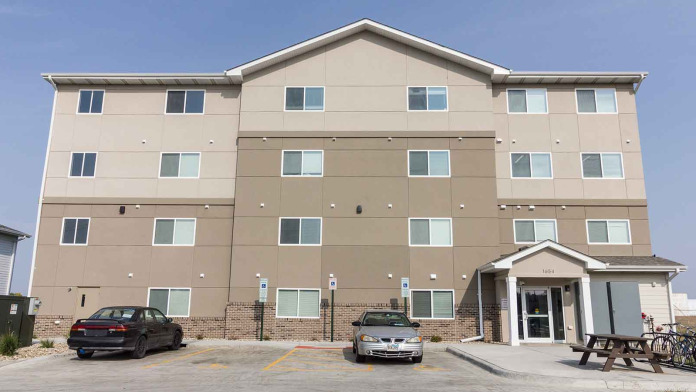About The Link Community Triage Center
Latest Reviews
Rehab Score
Other Forms of Payment
Financial aid can take many forms. Centers may have grants or scholarships available to clients who meet eligibility requirements. Programs that receive SAMHSA grants may have financial aid available for those who need treatment as well. Grants and scholarships can help you pai for treatment without having to repay.
Medicaid is a state based program that helps lower-income individuals and families pay for healthcare. Medicaid covers addiction treatment so those enrolled can use their coverage to pay for rehab. When a program accepts Medicaid the client often pays very little or nothing out of their own pocket.
Medicare is a federal program that provides health insurance for those 65 and older. It also serves people under 65 with chronic and disabling health challenges. To use Medicare for addiction treatment you need to find a program that accepts Medicare and is in network with your plan. Out of pocket costs and preauthorization requirements vary, so always check with your provider.
Private insurance refers to any kind of healthcare coverage that isn't from the state or federal government. This includes individual and family plans offered by an employer or purchased from the Insurance Marketplace. Every plan will have different requirements and out of pocket costs so be sure to get the full details before you start treatment.
Self-pay involves paying for treatment out of your own pocket. You can use savings or credit, get a personal loan, or receive help from family and friends to fund your treatment. If you don't have insurance or your insurance plan doesn't cover a specific program, self-pay can help ensure you still get the care you need.
Addiction Treatments
Levels of Care
To manage withdrawal symptoms from alcohol and drugs, it is important to seek 24-hour clinical care in South Dakota. Medical personnel can monitor your symptoms and provide appropriate support with clinical treatment, medications, and emotional support. This is much safer and more comfortable than at-home detox, where medical staff are not on-site to quickly respond if withdrawal symptoms become severe or life-threatening.
The process of removing drugs and alcohol from your system while under the 24/7 supervision of a medical team. Abruptly quitting substances like alcohol, benzodiazepines, or opioids can have uncomfortable - or even deadly - side effects. To ensure your safety and comfort, you are monitored by a team of doctors, nurses, and clinical experts who provide medications if needed to treat any potential symptoms of withdrawal.
Inpatient rehabs provide intensive clinical supervision and robust daily treatment to clients in early recovery and those who are at an elevated relapse risk. Inpatient care is often the first stage of treatment following detox, and it allows clients to focus exclusively on their recovery in a highly structured and supportive environment. Clients typically engage in daily addiction counseling and recovery-focused life skills training. Many treatment centers also offer holistic therapies, such as massage, meditation, and acupuncture.
Treatments
A person with alcoholism (alcohol use disorder) struggles with being unable to stop drinking too much alcohol, which may make them unable to function in society. To overcome this alcohol addiction, they may need alcohol rehab in South Dakota. This treatment provides a safe and structured environment to detox and move toward a life of sobriety. Options include various types of inpatient and outpatient programs.
Support provided by drug rehab in South Dakota includes social, physical, and emotional aspects. Program participants learn how to meet needs in each of these areas without turning to drugs. The goals of the program are freedom from drug dependency and long-term recovery.
In South Dakota, individuals seeking substance abuse treatment can typically find a range of inpatient and outpatient drug and alcohol rehabs. These programs incorporate individual and group therapy, skills training, with evidence-based therapies such as cognitive-behavioral therapy (CBT), dialectical behavior therapy (DBT), and trauma-focused interventions. By focusing on improving coping skills and addressing any mental health concerns, formal addiction treatment promotes long-term sobriety outcomes, improved relationships, and better quality of life.
Dual-diagnosis addiction treatment programs in South Dakota recognize the importance of comprehensive care for individuals with co-occurring substance use disorders and mental health conditions. These specialized programs are offered at various levels, including detox, outpatient, inpatient, and partial hospitalization options. Evidence-based therapies such as cognitive-behavioral therapy (CBT), dialectical behavior therapy (DBT), trauma-informed therapy, and family therapy address both disorders and promote mental health and well-being. Programs may also encompass 12-Step recovery, trauma therapies, and psychiatric care.
When you have a co-occurring addiction and mental health disorder, one or both conditions eventually prevent your ability to maintain a stable job, a stable life at home, and relationships with friends and family. What's more, the co-occurring disorders affect each other. So, if a mental health disorder goes untreated, the substance abuse problem tends to get worse. And when alcohol or drug abuse increases, mental health problems usually increase too.
Contact Information
132 N Dakota Ave, Sioux Falls, SD 57104



